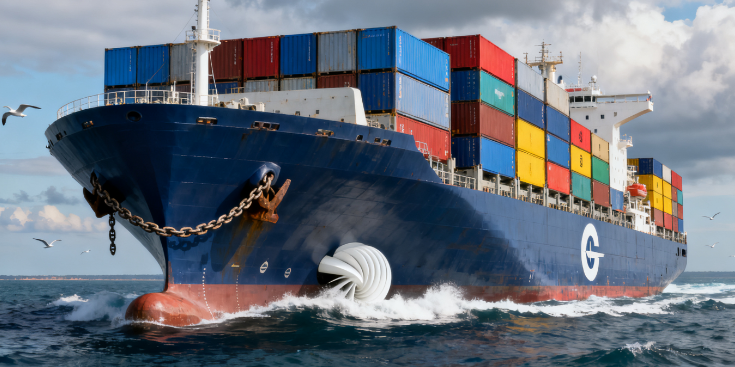
According to foreign reports, a container ship carrying 23 containers contaminated with radioactive zinc powder was denied entry by Indonesian authorities and subsequently ran aground off the coast of the Philippines.
According to Carlo Arcilla, the director of the Philippine Nuclear Research Institute (PNRI), the ship, which arrived from Indonesia, remained anchored at sea as there was no agreement from port or local authorities to receive the containers for temporary storage or disposal.
Arcilla stated that port authorities would not allow the vessel to dock or unload unless a designated area for hazardous cargo is specified. He mentioned that the radiation levels outside the containers were very low for the public, and the crew's health was good, indicating no immediate danger.
It has been reported that the radioactive material found was zinc powder contaminated with the cesium-137 isotope. Indonesian officials ordered the return of this cargo to the Philippines upon detecting trace radiation.
The Philippine National Radiation Protection Commission traced this material back to the country's largest steel producer, SteelAsia, and another unnamed local steel company. Despite SteelAsia's denial of involvement and assertion that the containers did not originate from their factory, the company has temporarily shut down its facility in Batangas province as a precaution.
The Philippine government is currently seeking a safe location for the storage or containment of these 23 containers. Arcilla mentioned that the primary focus of the government is to ensure the safety of this cargo and to clear any remaining radioactive material found at the SteelAsia plant and the Zannwann warehouse.
To address this issue, an interdisciplinary committee has been formed, with the involvement of the Department of Environment, Department of Health, Department of National Defense, and local government agencies. This incident has heightened concerns in Southeast Asia regarding the growing threat of radioactive contamination.
